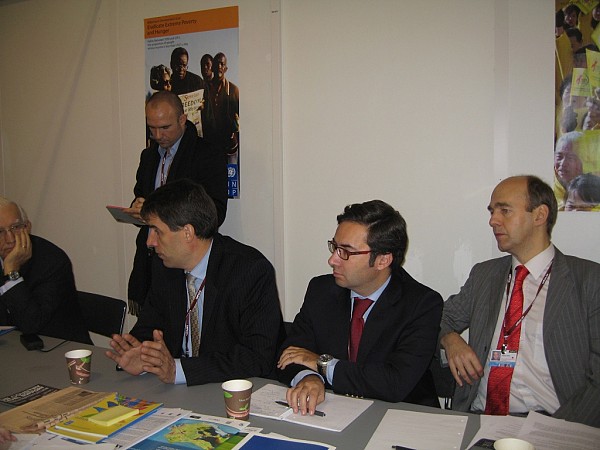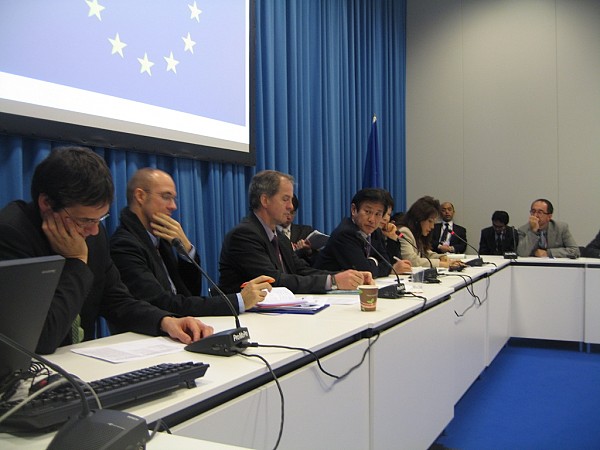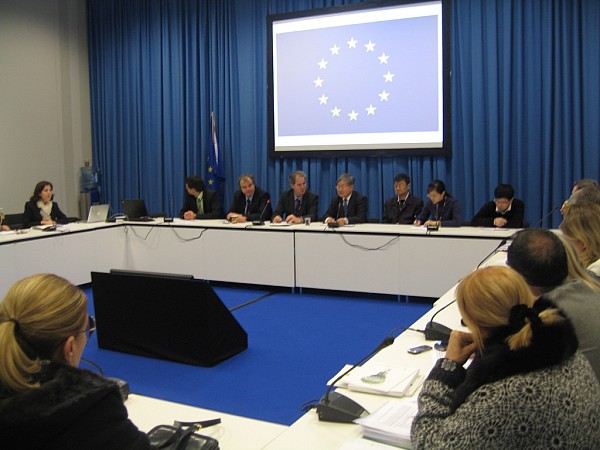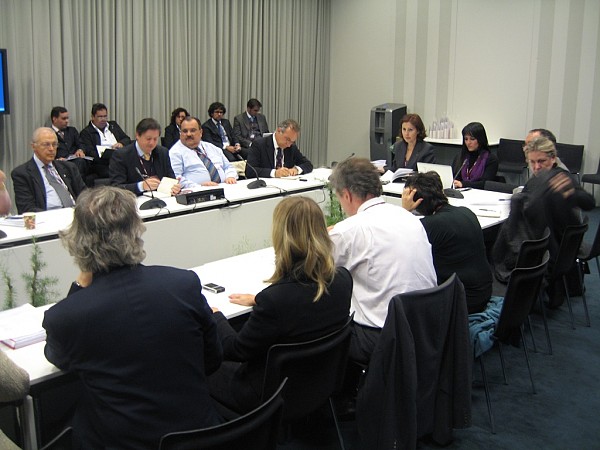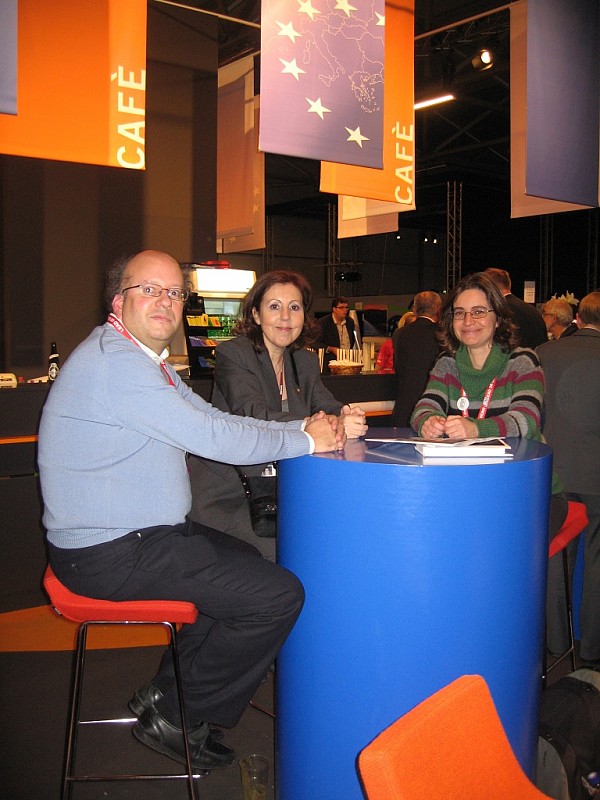Causes The Copenhagen Summit - A Changed Geopolitical Context
Maria da Graça Carvalho
The Copenhagen Conference (COP 15) ended with a result that was far from the hoped for result. The 194 member countries of the Convention "took note" of a document drafted by the USA, China, India, Brazil and South Africa. The targets are not clearly defined and they are not binding. However, Copenhagen was much more than a Climate Summit. It represented a new organisation of forces in the world and a change in the multilateral nature of the UN system. Different conceptions of development and the dichotomy between global interest and national sovereignty were fundamental part of the discussion.
The growing influence of the emerging countries - such as China, Brazil, India and South Africa - was plain to see. These joined the USA in drafting a document that formed the basis for the discussions that resulted in the Copenhagen Accord. The process differed significantly from the normal path followed in UN negotiations. The text outraged many countries, especially small island states and the African countries. They objected to a process in which the major powers impose decisions from above rather than seek out a negotiated consensus involving all the participants.
The Copenhagen conference demonstrated the weakness of the UN system in discussions on climate change and global development. The conduct of the negotiation process has been criticized by several countries. The coming months will be critical to restoring the credibility of the process and re-gaining the momentum lost in Copenhagen.
Another significant development relates to the presence of President Obama, who imposed an American line on the conference. Barack Obama stressed the need for a non-binding agreement involving all major emitters. He also stressed three key elements: transparency, the need for mitigation actions and appropriate funding for developing countries.
The Chinese reaction is also noteworthy. China initially opposed international scrutiny of mitigation actions, claiming sovereignty issues. Brazil also played a much greater role than in previous COPs. President Lula, very much appreciated at the COP judging by the applause he received, stressed Brazil's willingness to help the poorest countries financially.
Europe had all the conditions to show leadership and excel in Copenhagen, but revealed that, whilst it was very well prepared for the technical aspects of the negotiation, it was much less able to deal with the political aspects. Europe should have built up a number of powerful alliances. The countries most affected by climate change, the African countries and small island states, are willing to stand by the EU in this matter.
Finally, the conference in Copenhagen demonstrated the need for a realignment of Europe's role in the world. The eventual agreement - one of such importance for the future of Humanity - was drawn up without our being able to play a significant role and despite the fact that this is an area in which we are leaders and pioneers. The coming months are crucial for the EU. It be will necessary to use the opportunities provided by the Lisbon Treaty to pave the way to the next Climate Conference in Mexico City. Ambition, unity, the formation of strategic alliances will be the order of the day.
In combating climate change, Europe also has a major task ahead: to implement all legislation passed, to invest in clean technologies, scientific research and energy efficiency, to invest in innovative, industrial policy based on efficiency of resource use and innovation. We need to promote a policy of low carbon cities, transport and sustainable mobility. We do not want to hear again President Obama say the United States will only commit to what they can achieve as some Kyoto signatories continue to increase their emissions above agreed limits...
